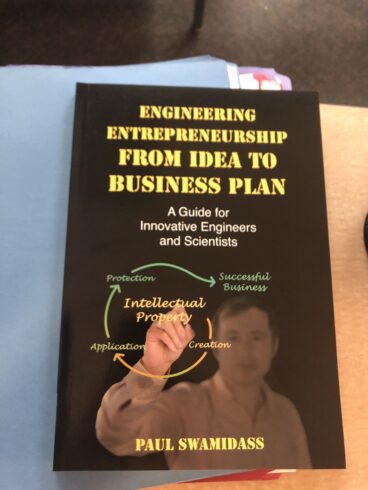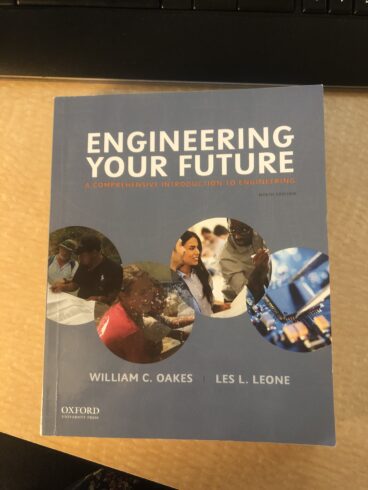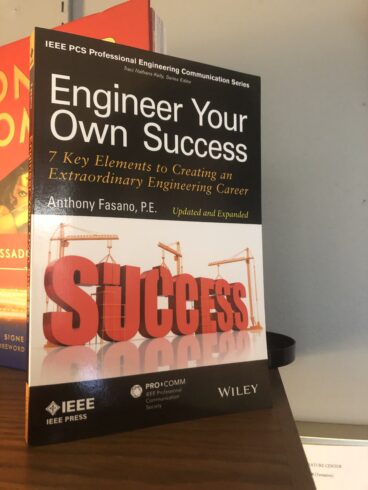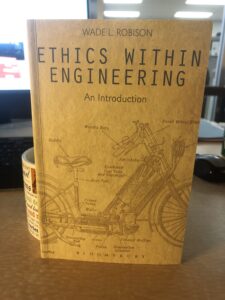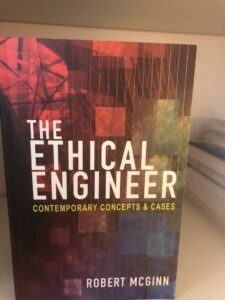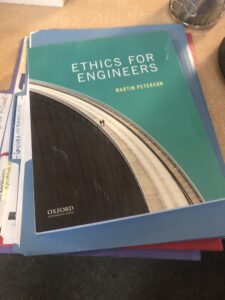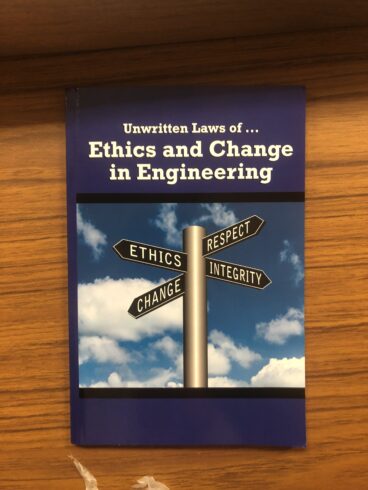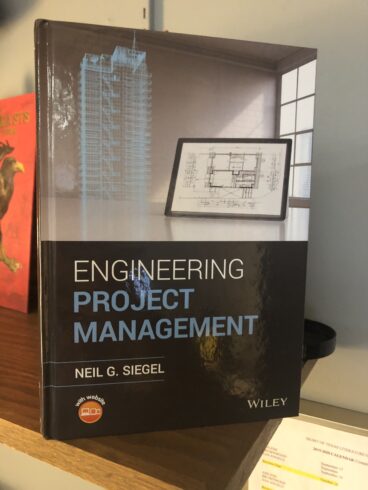
Engineering Project Management is a practical, step-by-step guide to project management for engineers. The author describes the techniques and strategies for creating a successful engineering project.
The book introduces engineering projects and their management, and then proceeds stage-by-stage through the engineering life-cycle project, from requirements, implementation, to phase-out. The book offers information for understanding the needs of the end-user of a product and other stakeholders associated with a project and is full of techniques based on real, hands-on management of engineering projects.
The book starts by explaining how we perform the actual engineering on projects; the techniques for project management contained in the rest of the book use those engineering methods to create superior management techniques. Every topic – from developing a work-breakdown structure and an effective project plan, to creating credible predictions for schedules and costs, through monitoring the progress of your engineering project – is infused with actual engineering techniques, thereby vastly increasing the effectivity and credibility of those management techniques.

